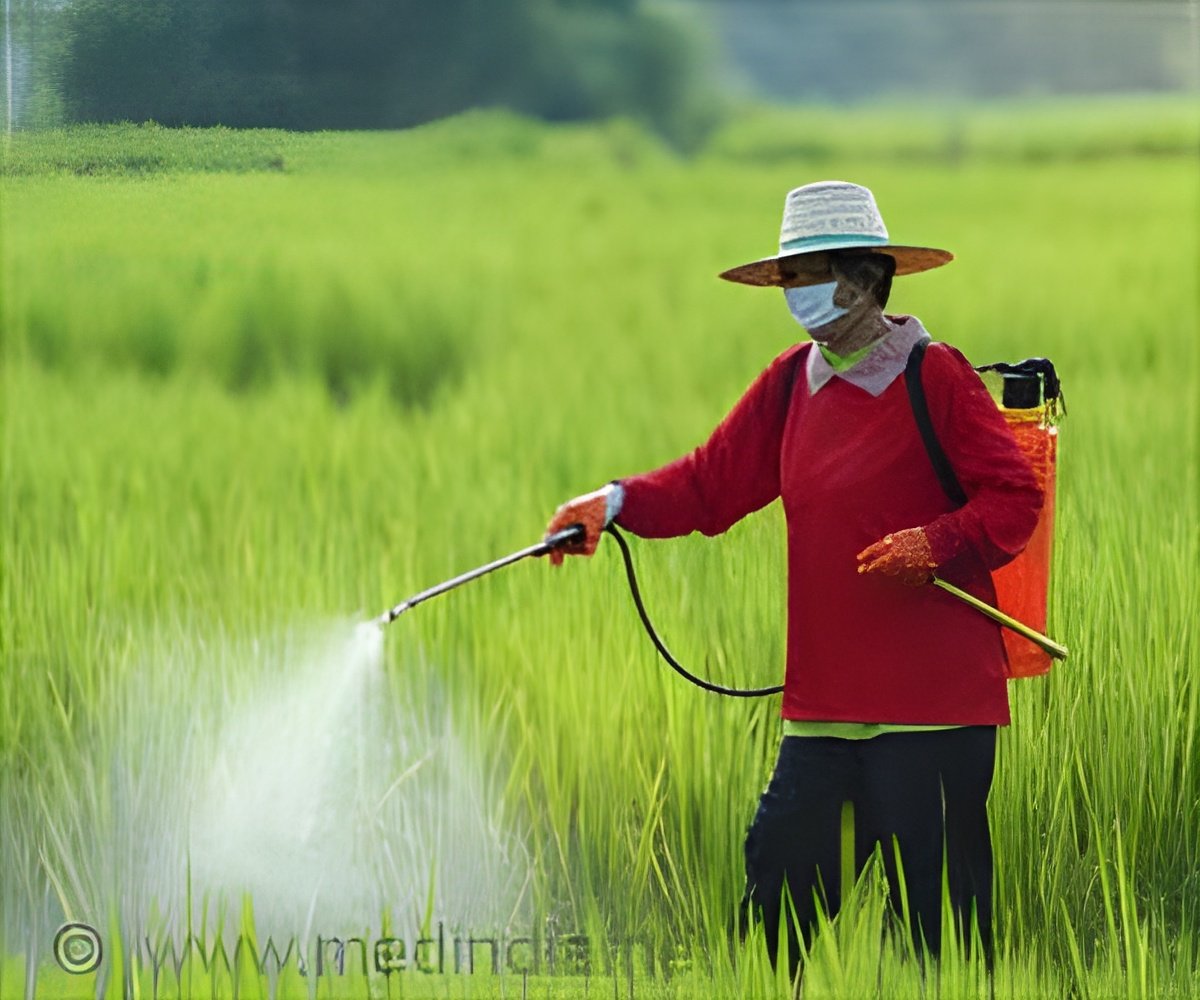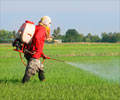High pesticide exposure among farmers can be associated with a poor sense of smell in later life, reveals a new study.

TOP INSIGHT
High pesticide exposure among farmers can be associated with diminished sense of smell, reveals a new study.
Read More..
Farmers who reported an HPEE were 50 percent more likely to report a poor sense of smell at the end of the study. The research also showed that an immediate washing with soap and water might mitigate risk. Compared to farmers who never experienced a high exposure event, those who did and washed within three hours, had about a 40 percent higher risk of having problems with smell. Those who waited four or more hours, saw their risk potentially double.
The study, a collaboration with researchers from the National Institute of Environmental Health Sciences and the National Cancer Institute, is published in the journal Environmental Health Perspectives.
"Studying farmers gives us more reliable data on pesticide exposures than if we had studied the general population," said Honglei Chen, lead author, and professor of epidemiology. "Because they use pesticides more and it's part of their job, they're more likely to remember what pesticides they used and in cases of high exposures, report the specific events."
In the study, Chen was able to identify two insecticides - DDT and lindane - as well as four weed killers - alachlor, metolachlor, 2,4-D, and pendimethalin - that showed a greater association with poor sense of smell.
While poor sense of smell has been shown to be an early symptom of Parkinson's and dementia, Chen said his study only addresses an association between pesticide exposure and impaired smell, not to neurodegenerative diseases.
Source-Eurekalert
 MEDINDIA
MEDINDIA




 Email
Email








